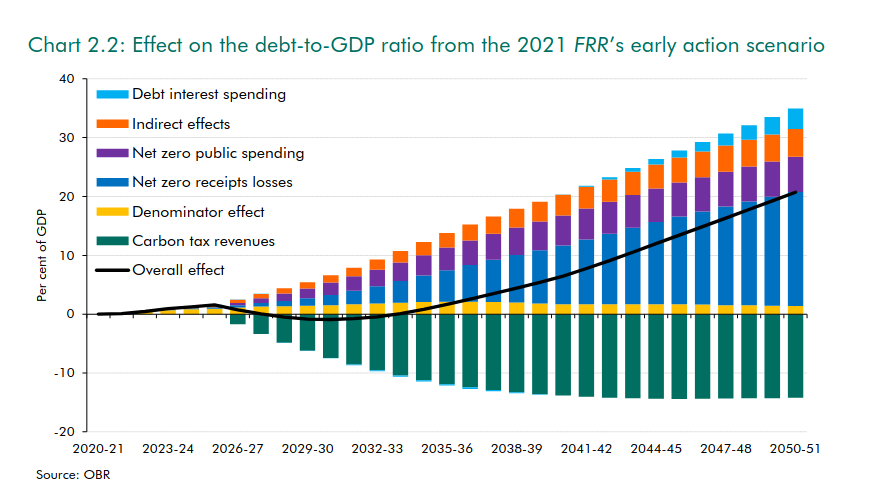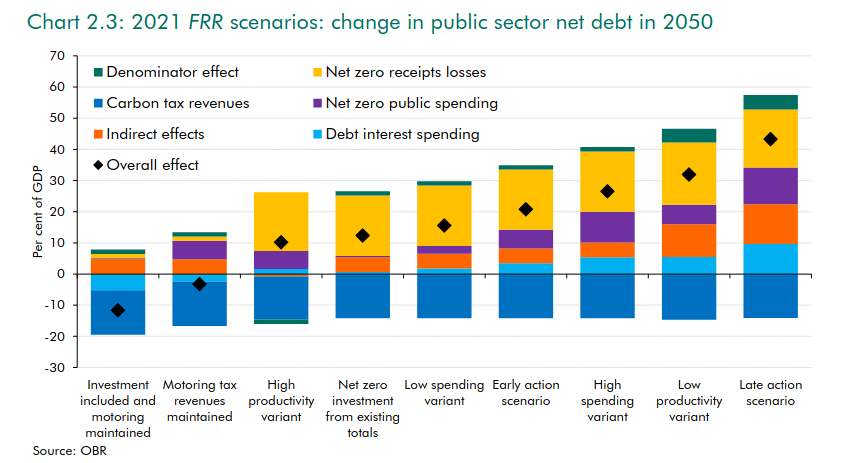September 12, 2024
UK Labour's secret plan for the NHS
Labour has a secret plan to save the NHS.
It is a 10-year plan.
It involves no new money without reform.
It involves "re-imagining" how the NHS operates.
That is to say, they have no plan and are not going to spend money to introduce the plan. And they are not going to do anything to fix the NHS.
I did wonder what the Starmer government would do with the extremely expensive, debt-riddled, deferred-spending, just-about-to-collapse-from-exhaustion NHS. Now we know. Basically, their plan is somehow to get workers to be more efficient, spend time hand wringing, writing reports, and then run out of time on their mandate to actually fix the funding issue.
The underlying issue in the UK is the same issue as everywhere else in the Western world: post 2008, profit subsidies were paid for through austerity, following decades of privatization of revenue-creating assets.
Now we are in a situation where everything is underfunded, but governments have no money to fix the decades-long underinvestment. Then came the pandemic and kicked the last remaining leg out from under the precarious stool holding things up.
The UK government's own report on the NHS released today tells the tale of a health system on the verge of collapse.
England has spent almost £37bn less than peer countries on its health assets and infrastructure since the 2010s, the review found. And under-investment has forced the NHS to raid capital budgets in order to manage day-to-day spending.
What is the solution? More money. Is there more money? Not without significantly reviewing how government creates revenue and reforming the economic engine of the country.
The UK government's budget review agency, the Office of Budget Responsibility, has released a report that predicts growth in the debt-to-GDP ratio 50 years out.
It says there is no money.
Based on current policy and the latest demographic projections, public debt is projected to almost triple from under 100 per cent of GDP to over 270 per cent of GDP over the next 50 years.
The estimated damage to the economy and public finances from a changing climate could add between 20 and 30 per cent of GDP to these pressures on debt, while improving the health of the population could reduce them by over 40 per cent of GDP by the mid-2070s. (OBR)
This is one of the first proper risk assessments of climate change-related damage in a budget document that I have seen. Basically, it tries to cost out the damage that is likely to occur to infrastructure in the UK because of climate change.
- rising energy costs
- damage
- disruption to insurance
- disruption to labour
To no one's surprise, it is a significant number, but not as big as it probably will get. The OBR expects that carbon pricing and carbon taxes will offset some of the costs of mitigating the impacts of climate change. This is fantasy.
Carbon Taxes are not growing revenue sources captured for government from production because they only exist if you do not transition industries to cleaner fuels. To make up for this fantasy, they expect the government to impose a tax on movement, not just on carbon, to make up for the difference.
The report also keeps global temperature growth that is either below 2 degrees, or at the high end, below 3 degrees.
The world is on track for above 4 degrees.
Even with the large fantasy numbers, the debt-to-GDP ratio grows significantly.


I also think that they have been very conservative in their expectations of climate change's impact over the next 50 years, the main one being certain places becoming uninhabitable.
The OBR also explicitly state they are not accounting for adaptation to a changing climate. The report's costs are only paying for the catastrophes that are about to come.
All that said, it is nice that they have tried. It starts to paint a picture of the true costs of the previous century of profit-seeking climate destruction.
The final issue for the OBR report is that it is impossible to understand how it fits into the current government's spending priorities. That is because the rest of the report outlines the rest of the problems facing the UK: spiralling long-term health care costs and collapsing public infrastructure.
It is fine to point at the UK and say, "We told you so." From Thatcher to Blair, to everyone that has come after, there has been over 50 years of pretending that capitalism is working. The entire program of capitalist-led growth and state-subsidized profit seeking was fun for some while it lasted.
Unfortunately, the reports coming from the UK indicate a program with nowhere left to go, and liberals have no other solutions on offer than doubling down on more of the same.
Unfortunately, we are facing this wherever capitalism reigns supreme, because all countries have followed the same failed economic program outlined by the UK.
What will the policy framework look like in the near future when it is clear that capitalist countries around the world have no capacity to deal with the known problems?
I know what I would say, but it looks like it is going to take even longer to sink into the brains of our political elite.